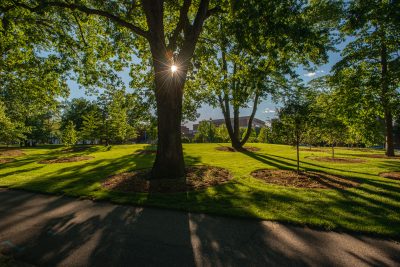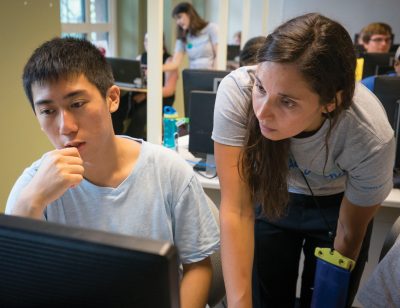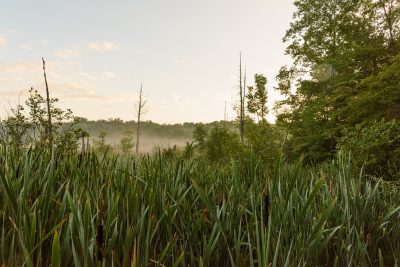Our Mission
The UConn Department of Natural Resources & the Environment’s (NRE) Committee on Inclusion, Diversity, Equity & Anti-Racism (IDEA) serves to expose barriers to full participation in our teaching, research, and extension efforts and advocate for measures that remedy the causes of inequity and exclusion. The purpose of this work is to grow and maintain a community where members of marginalized groups feel a strong sense of belonging and connection.
Our Motivation
Events related to Black Lives Matter, Stop Asian Hate, MeToo, and many other movements, call attention to the oppression, injustices, neglect, and violence experienced by marginalized populations and are a catalyst for cultural change.
These events called for a large-scale examination of academic institutions and how they perpetuate structural barriers to participation and success. We recognize that these problems are not new and that the events of 2020 sparked long overdue conversations. We also acknowledge that the natural resource and conservation fields have a responsibility to address how members of marginalized groups are underrepresented and their scientific contributions are undervalued, that our outdoor recreation and environmental research spaces are not equally safe or welcoming for everyone, and that many environmental issues disproportionately impact marginalized communities.
NRE graduate students, staff, and faculty collectively established this committee to recognize and address issues of inclusion, diversity, equity, and racism by and for our community. We focus our attention on the experiences of historically marginalized populations in NRE fields and operate with the shared expectation that our Department should be inclusive, diverse, equitable, and anti-racist. We define inclusion to signify that all members from marginalized groups feel accepted, valued, and respected; diversity to include the broad spectrum of human experiences; equity as the outcomes of treating all people with respect and fairness; and anti-racism meaning that racial groups are equals in all of their apparent differences.1
As we work to dismantle the structural and systemic inequities that persist in our shared spaces, we: commit to a shared sense of belonging for members of marginalized groups in the natural resources and conservation community; recognize the diversity of experiences, intersectionalities, and perspectives of our community; and encourage the individual and collective growth, self-reflection, and education of our community.
1 Kendi, IX. How to be an Antiracist. Random House Publishing Group, 2019.
Sub-committee contributors: Ava Smith, Maddy Meadows-McDonnell, Levon Bigelow, Jacob Cabral, Raul Flamenco, Elana Berlin, Anna Puchkoff, Nicole Freidenfelds, Tom Worthley, Laura Cisneros, Jess Brandt


